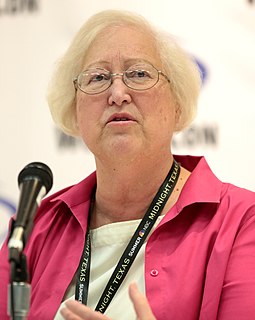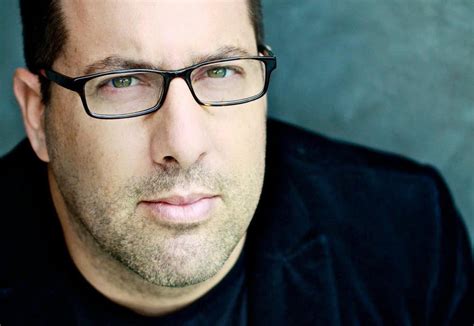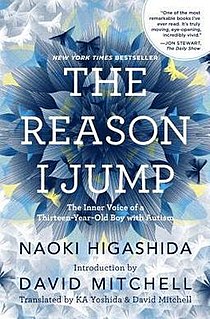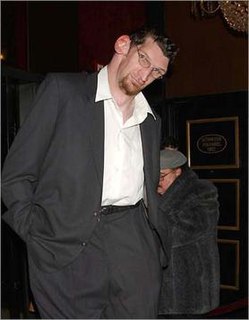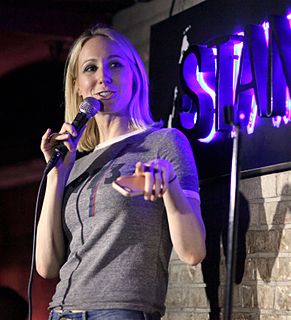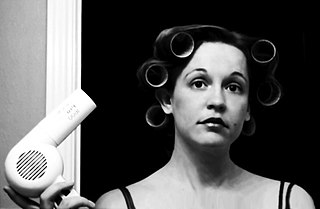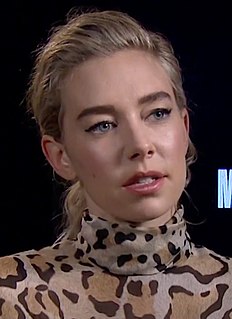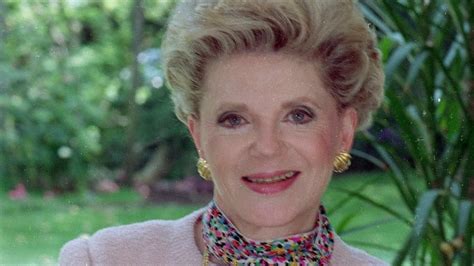A Quote by Connie Willis
Actually, writers have no business writing about their own works. They either wax conceited, saying things like: 'My brilliance is possibly most apparent in my dazzling short story, "The Cookiepants Hypotenuse."' Or else they get unbearably cutesy: 'My cat Ootsywootums has given me all my best ideas, hasn't oo, squeezums?
Related Quotes
There is this thing called the university, and everybody goes there now. And there are these things called teachers who make students read this book with good ideas or that book with good ideas until that's where we get our ideas. We don't think them; we read them in books. I like Utopian talk, speculation about what our planet should be, anger about what our planet is. I think writers are the most important members of society, not just potentially but actually. Good writers must have and stand by their own ideas.
I actually prefer to work in as many different genres as possible as often as possible because I actually think the best way to be inspired and avoid any writers block or things like that is actually to be able to go from a comedy to an action to a horror to a adventure, that actually makes it easy for me to start over and get new ideas, and it keeps things interesting.
A short story is a sprint, a novel is a marathon. Sprinters have seconds to get from here to there and then they are finished. Marathoners have to carefully pace themselves so that they don't run out of energy (or in the case of the novelist-- ideas) because they have so far to run. To mix the metaphor, writing a short story is like having a short intense affair, whereas writing a novel is like a long rich marriage.
I assumed a business like a film studio would behave like a business and still want to protect its own interests, still do the best it could to get as many people paying for as many of their movies as possible. I realized this is not actually a business about business: it's a business of egos and dominance.
One of the ways in which writers most show their inventiveness is in the things they tell us about how they write. Generally speaking, I don't like to make a plan before I've written a story. I find it kills the story - deadens it, makes it uninteresting. Unless I'm surprised by something in a story, the reader's not going to be surprised either.
I've always loved short stories. Even before I was a writer I was reading short stories - there were certain writers where I just felt like they could do in a short story what so many writers needed a whole novel to do, and that was really inspiring to me. Alice Munro, I felt that way about from an early time. Grace Paley.
Having your book edited is like watching your cat being operated on. It's uncomfortable and someone is probably going to get hurt. Most likely the cat. But in the end, things work out for the best and your cat is better it. And then your cat gets released in hardcover, and you have to read all of his reviews.
